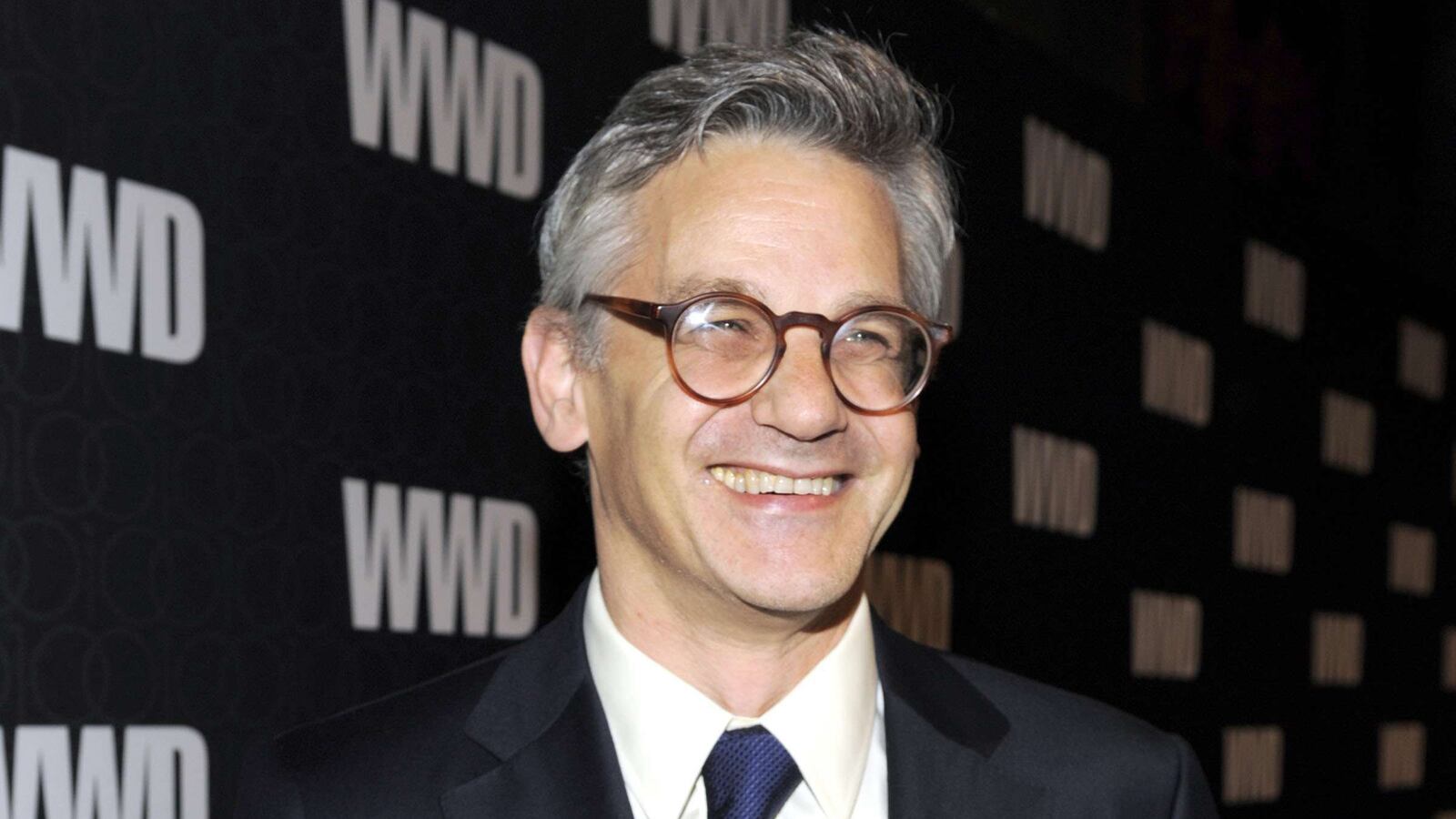Peter Kaplan, who died Friday evening at age 59, was my boss for twelve years at The New York Observer. When he quit the paper in 2009, a few of the reporters put together a tribute issue, “The Kaplan Review,” a 24-page love letter (lightly sprinkled with teasing barbs) from about a hundred writers and editors, almost all of whom worked for Peter at one time or another. The contributors to this festschrift had another thing in common: They all wanted to work for Peter because they liked him personally. It wasn’t The Observer commanding their loyalty, it was The Observer’s editor. This was my contribution to “The Kaplan Review”:

My Lunch with Peter
Lunch with Peter Kaplan—a ritual as stylized as Kabuki, minus the face paint. It begins in the 64th Street offices, back in the days of Arthur Carter. Around noon it’s agreed that yes, we’ll have lunch; at about 3:00, after numerous false starts (“I’ll be there in a sec!”; “Just let me have a word with Tom!”), we trundle down the stairs, with Peter casting cheery greetings left and right, and spill out of the townhouse. If it’s a pretty, sun-dappled day, Peter’s enthusiasm about the city mounts as we approach Madison Avenue, then bursts out, once we’ve turned north, in jubilant appreciation of the pretty women we pass on the on the way to 67th.
At the Gardenia, Peter has to sit in a booth, preferably toward the back, and invariably orders exactly the same sandwich—the key ingredients are a can of tuna and mustard—washed down with a diet coke. (I know he’ll be disappointed if I don’t order onion rings, so I always do.) In my mind, he’s perpetually dressed in chinos, a blue button-down shirt and a red paisley necktie worn loose at the collar. His hair is less gray than it is now, less bristly, more floppy.
His friendliness with the waiter is undimmed, no matter how despairing his assessment of the state of The Observer in general and the books section in particular. (“It’s the same thing I’m always telling you! You gotta make books news!”) In fact, he puts off hectoring me for as long as he can—sometimes he skips it altogether and contents himself with staring at me fixedly through his smudged glasses for what seems an impossibly long time before declaring, “Well—you know what I think.”
He pays, courteous as ever to the cashier, and when I thank him for lunch, he thanks me. Out on the street, he’s infected again with joy, and I’m struck once more by the immediacy of his response to the city: It’s the secret source of his energy, his charm.
So what did we talk about instead of the paper during all those lunches, maybe five dozen over the last 12 years? Movie stars, the lyrics of show tunes, my love life between marriages, about which he was relentlessly curious—it never mattered what the topic was. The tone was everything: Boyish, fresh, conspiratorial, unpretentiously witty, honest, engaged. (“That’s the ticket!”) It’s the tone of The Observer at its best, and it’s what makes Peter—even when he’s infuriating—addictive and irreplaceable, a boss you would follow anywhere.






